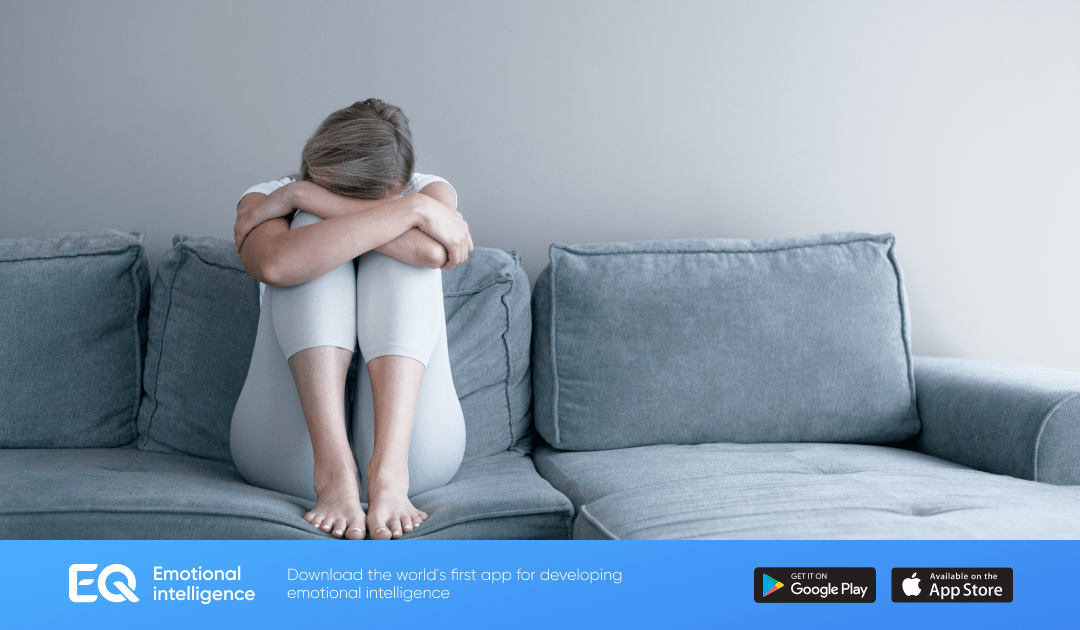Emotional Detachment (ED) means the inability of a person to engage with their feelings or the feelings of others fully. This can interfere with a person’s physical, psychological, emotional, and social development.
E is a difficult issue. For some people, ED is a coping mechanism – a strategy used to protect them from stress or injury. For others, it may be a reaction to trauma, abuse, or unprocessed emotions that make a person unable to open up about their struggle.
People with ED may feel that they are “bad” for some reason or that no one cares about them. They may also think about interacting with others and may have a deep desire to express emotions to others but are unable to connect with or express their feelings. It is often mistaken to believe that people suffering from ED lack compassion for others. While the perception of a complete lack of empathy is understandable, it is important to recognize that people with ED can feel, simply not, able to relate to and act on these emotions with a general response.
How to deal with emotional detachment
- Meditation and mindfulness: This can help reduce stress, help calm down, and improve reactions to negative thoughts and feelings.
- Writing: Keeping a diary can help you highlight your thoughts and emotions instead of breaking away from them. It can also help you notice patterns or triggers of your emotional detachment. Avoid self-medication with substances: although they may provide temporary relief, substances such as alcohol can worsen symptoms or lead to new problems in the long run.
- Look for support: Support groups are a great way to connect with others who understand how you feel.
- Allow yourself to be vulnerable: it can be difficult, it takes time and practice, but it’s worth it. Work to open up with people you trust and feel safe about.
- Create Art: Creativity can be a healthy way to connect with and express your emotions.


Recent Comments